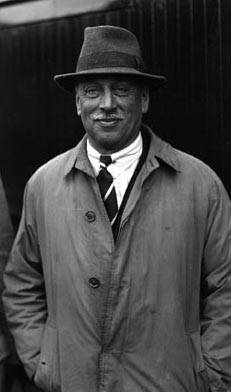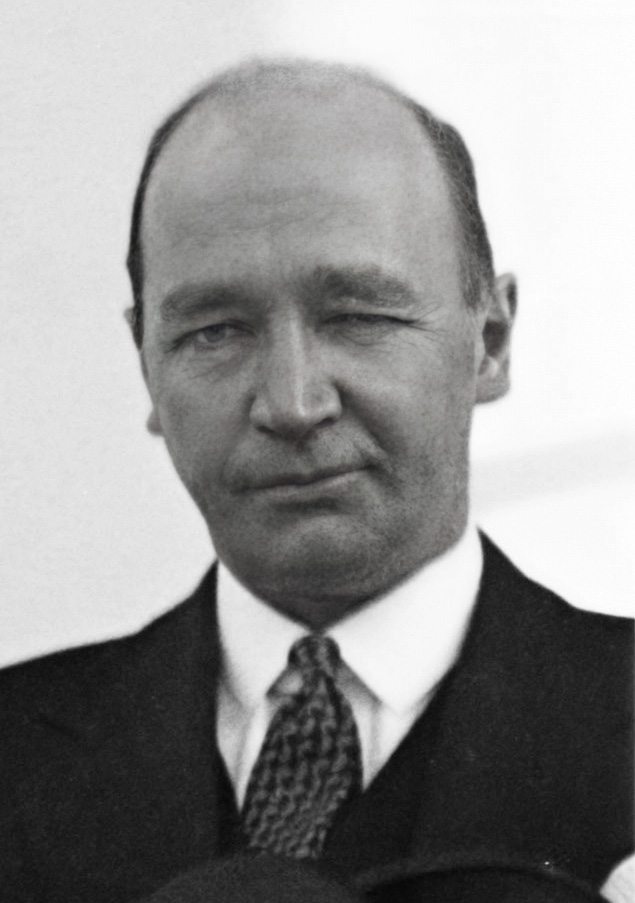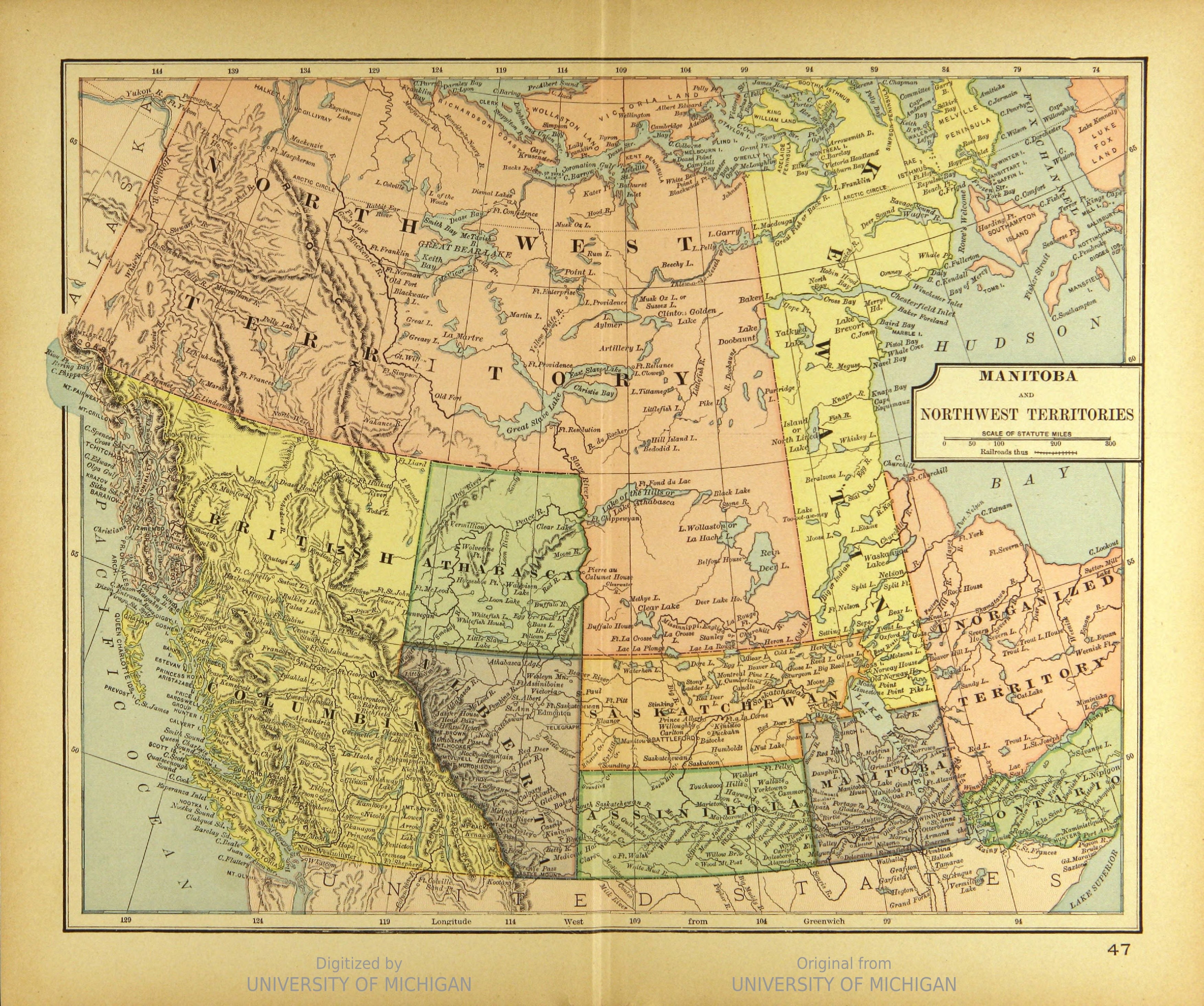|
Social Credit Party Of Canada
The Social Credit Party of Canada (), colloquially known as the Socreds, was a populist political party in Canada that promoted social credit theories of monetary reform. It was the federal wing of the Canadian social credit movement. Origins and founding: 1932–1963 The Canadian social credit movement was largely an out-growth of the Alberta Social Credit Party, and the Social Credit Party of Canada was strongest in Alberta during this period. In 1932, Baptist evangelist William Aberhart used his radio program to preach the values of social credit throughout the province. He added a heavy dose of fundamentalist Christianity to C. H. Douglas' monetary theories; as a result, the social credit movement in Canada has had a strong social conservative tint. The party expanded beyond Alberta later in 1935 with the formation of the Western Social Credit League. It attracted voters from the Progressive Party of Canada and the United Farmers movement. The party grew out of disaffec ... [...More Info...] [...Related Items...] OR: [Wikipedia] [Google] [Baidu] |
John Horne Blackmore
John Horne Blackmore (March 27, 1890 – May 2, 1971) was a Canadian school teacher and principal and Canadian politician. He was one of the first elected members and leaders of the Social Credit Party of Canada, a political party in Canada that promoted the social credit theories of monetary reform. Life and career Born in Sublett, Idaho, he immigrated to the Cardston area as a child. He was brought up in a Mormon household. He attended Calgary Normal School and the University of Alberta. Blackmore was elected to the House of Commons of Canada in the 1935 election as Member of Parliament representing Lethbridge, Alberta. The Social Credit movement had swept to power in Alberta in the 1935 provincial election just weeks earlier. He was chosen the party's parliamentary leader, since its most famous spokesperson, William Aberhart, had just become the premier of Alberta. He published ''Money the Master Key'', a book based on his speeches, in 1939. The book describes "Money ... [...More Info...] [...Related Items...] OR: [Wikipedia] [Google] [Baidu] |
Social Credit
Social credit is a distributive philosophy of political economy developed in the 1920s and 1930s by C. H. Douglas. Douglas attributed economic downturns to discrepancies between the cost of goods and the compensation of the workers who made them. To combat what he saw as a chronic deficiency of purchasing power in the economy, Douglas prescribed government intervention in the form of the issuance of debt-free money directly to consumers or producers (if they sold their product below cost to consumers) in order to combat such discrepancy. In defence of his ideas, Douglas wrote that "Systems were made for men, and not men for systems, and the interest of man which is self-development, is above all systems, whether theological, political or economic." Douglas said that Social Crediters want to build a new civilization based upon " absolute economic security" for the individual, where "they shall sit every man under his vine and under his fig tree; and none shall make them afraid ... [...More Info...] [...Related Items...] OR: [Wikipedia] [Google] [Baidu] |
Conservative Party Of Canada (historical)
The Conservative Party of Canada (CPC; , ), sometimes referred to as the Tories, is a federal political party in Canada. It was formed in 2003 by the merger of the two main right-leaning parties, the Progressive Conservative Party (PC Party) and the Canadian Alliance, the latter being the successor of the Western Canadian–based Reform Party. The party sits at the centre-right to the right of the Canadian political spectrum, with their federal rival, the centre to centre-left Liberal Party of Canada, positioned to their left. The Conservatives are defined as a " big tent" party, practicing "brokerage politics" and welcoming a broad variety of members, including " Red Tories" and " Blue Tories". From Canadian Confederation in 1867 until 1942, the original Conservative Party of Canada formed numerous governments and had multiple names. However, by 1942, the main right-wing Canadian force became known as the Progressive Conservative Party. In the 1993 federal election ... [...More Info...] [...Related Items...] OR: [Wikipedia] [Google] [Baidu] |
New Democracy (Canada)
New Democracy (French: ''Nouvelle démocratie'') was a political party in Canada founded by William Duncan Herridge in 1939. Herridge, a former Conservative party adviser, had been Canada's Envoy to the United States from 1931–1935 during the government of R. B. Bennett; who was Herridge's brother-in-law. Herridge advocated monetary reform and government intervention in the economy as a means of fighting the Great Depression. His ideas were similar to those of the social credit movement, and in the 1940 election, the Social Credit Party of Canada joined with Herridge to run candidates jointly under the New Democracy umbrella. The experiment was unsuccessful as Herridge failed to win a seat, and the three New Democracy Members of Parliament elected ( John Horne Blackmore, Robert Fair, and Walter Frederick Kuhl) were Social Credit supporters. The name New Democracy remained associated with the national Social Credit movement until 1944, when the name Social Credit was r ... [...More Info...] [...Related Items...] OR: [Wikipedia] [Google] [Baidu] |
Direct Election
Direct election is a system of choosing political officeholders in which the voters directly cast ballots for the persons or political party that they want to see elected. The method by which the winner or winners of a direct election are chosen depends upon the electoral system used. The most commonly used systems are the plurality system and the two-round system for single-winner elections, such as a presidential election, and proportional representation for the election of a legislature or executive. By contrast, in an indirect election, the voters elect a body which in turn elects the officeholder in question. In a double direct election, the elected representative serves on two councils, typically a lower-tier municipality and an upper-tier regional district or municipality. Examples Legislatures * The European Parliament has been directly elected every five years since 1979. Member states determine how to elect their representatives, but, among other requirement ... [...More Info...] [...Related Items...] OR: [Wikipedia] [Google] [Baidu] |
Western Canada
Western Canada, also referred to as the Western provinces, Canadian West, or Western provinces of Canada, and commonly known within Canada as the West, is a list of regions of Canada, Canadian region that includes the four western provinces and territories of Canada, provinces just north of the Canada–United States border namely (from west to east) British Columbia, Alberta, Saskatchewan and Manitoba. The people of the region are often referred to as "Western Canadians" or "Westerners", and though diverse from province to province are largely seen as being collectively distinct from other Canadians along cultural, linguistic, socioeconomic, geographic and political lines. They account for approximately 32% of Canada's total population. The region is further subdivided geographically and culturally between British Columbia, which is mostly on the western side of the Canadian Rockies and often referred to as the "British Columbia Coast, west coast", and the "Prairie Provinces" (c ... [...More Info...] [...Related Items...] OR: [Wikipedia] [Google] [Baidu] |
1935 Canadian Federal Election
The 1935 Canadian federal election was held on October 14, 1935, to elect members of the House of Commons of Canada of the 18th Parliament of Canada. The Liberal Party of William Lyon Mackenzie King won a majority government, defeating Prime Minister R. B. Bennett's Conservatives. The central issue was the economy, which was still in the depths of the Great Depression. In office since the 1930 election, Bennett had sought to stimulate the economy during his first few years through a policy of high tariffs and trade within the British Empire. In the last months of his time in office, he reversed his position, copying the popular New Deal of Franklin Roosevelt in the United States. Upset about high unemployment and inaction by the federal government, voters were unwilling to allow the Conservatives to continue to govern, despite their change of policy. The Conservatives were also suffering severe internal divisions. During his first years in office, Bennett had alienated those i ... [...More Info...] [...Related Items...] OR: [Wikipedia] [Google] [Baidu] |
New Democratic Party (Canada)
The New Democratic Party (NDP; , ) is a federal List of political parties in Canada, political party in Canada. Widely described as Social democracy, social democratic,The party is widely described as social democratic: * * * * * * * * * * * * * The Editors of ''Encyclopædia Britannica'' (April 28, 2025)."New Democratic Party" ''Encyclopædia Britannica''. Retrieved April 28, 2025 the party sits at the Centre-left politics, centre-left to Left-wing politics, left-wing of the Canadian political spectrum, generally to the left of the Liberal Party of Canada, Liberal Party. The party was founded in 1961 by the Co-operative Commonwealth Federation and the Canadian Labour Congress. As of 2025, it is the fourth-largest party in the House of Commons, with seven seats. The federal and provincial (or territorial) level NDPs are more integrated than other political parties in Canada, and have shared membership. The NDP has never won the largest share of seats at the federal ... [...More Info...] [...Related Items...] OR: [Wikipedia] [Google] [Baidu] |
Co-operative Commonwealth Federation
The Co-operative Commonwealth Federation (CCF; , FCC) was a federal democratic socialism, democratic socialistThe following sources describe the CCF as a democratic socialist political party: * * * * * * and social democracy, social-democraticThese sources describe the CCF as a social-democratic political party: * * * * * List of political parties in Canada, political party in Canada. The CCF was founded in 1932 in Calgary, Calgary, Alberta, by a number of socialism, socialist, agrarianism, agrarian, co-operative, and labour movement, labour groups, and the League for Social Reconstruction. In 1944 Saskatchewan general election, 1944, the CCF formed one of the first social-democratic governments in North America when it was elected to form the provincial government in Saskatchewan. The full, but little used, name of the party was Co-operative Commonwealth Federation (Farmer-Labour-Socialist).Calgary Herald, August 1, 1932 In 1961, the CCF was succeeded by the New Democrat ... [...More Info...] [...Related Items...] OR: [Wikipedia] [Google] [Baidu] |
Great Depression
The Great Depression was a severe global economic downturn from 1929 to 1939. The period was characterized by high rates of unemployment and poverty, drastic reductions in industrial production and international trade, and widespread bank and business failures around the world. The economic contagion began in 1929 in the United States, the largest economy in the world, with the devastating Wall Street stock market crash of October 1929 often considered the beginning of the Depression. Among the countries with the most unemployed were the U.S., the United Kingdom, and Weimar Republic, Germany. The Depression was preceded by a period of industrial growth and social development known as the "Roaring Twenties". Much of the profit generated by the boom was invested in speculation, such as on the stock market, contributing to growing Wealth inequality in the United States, wealth inequality. Banks were subject to laissez-faire, minimal regulation, resulting in loose lending and wides ... [...More Info...] [...Related Items...] OR: [Wikipedia] [Google] [Baidu] |
United Farmers Of Canada
The United Farmers of Canada was a radical farmers organization. It was established in 1926 as the United Farmers of Canada (Saskatchewan Section) as a merger of the Farmers' Union of Canada and the Saskatchewan Grain Growers' Association.MacPherson, IanUnited Farmers of Canada, ''Encyclopedia of Canada'', accessed February 14, 2008 The name United Farmers came from the movements that had been established and run for election, in some cases taking power, in several provinces such as the United Farmers of Ontario, the United Farmers of Alberta and federally as the Progressive Party of Canada. The UFC campaigned in the late 1920s for a "100% pool system" in which the government would market all grain – an idea that was ultimately adopted in part in 1935 with the creation of the Canadian Wheat Board and also operated educational programs for farmers and called for reforms in the health care system and education. With the Great Depression and the Dust Bowl the Saskatchewan Section ... [...More Info...] [...Related Items...] OR: [Wikipedia] [Google] [Baidu] |
Progressive Party Of Canada
The Progressive Party of Canada, formally the National Progressive Party, was a federal-level political party in Canada in the 1920s until 1930. It was linked with the provincial United Farmers parties in several provinces, and it spawned the Progressive Party of Saskatchewan, and the Progressive Party of Manitoba, which formed the government of that province. The Progressive Party was part of the farmers' political movement that included federal and provincial Progressive and United Farmers' parties. The United Farmers movement in Canada rose to prominence after World War I. With the failure of the wartime Union government to alter a tariff structure that hurt farmers, various farmers movements across Canada became more radical and entered the political arena. The United Farmers movement was tied to the federal Progressive Party of Canada and formed provincial governments in Ontario, Alberta and Manitoba. It rejected the National Policy of the Conservatives, and felt that the ... [...More Info...] [...Related Items...] OR: [Wikipedia] [Google] [Baidu] |






